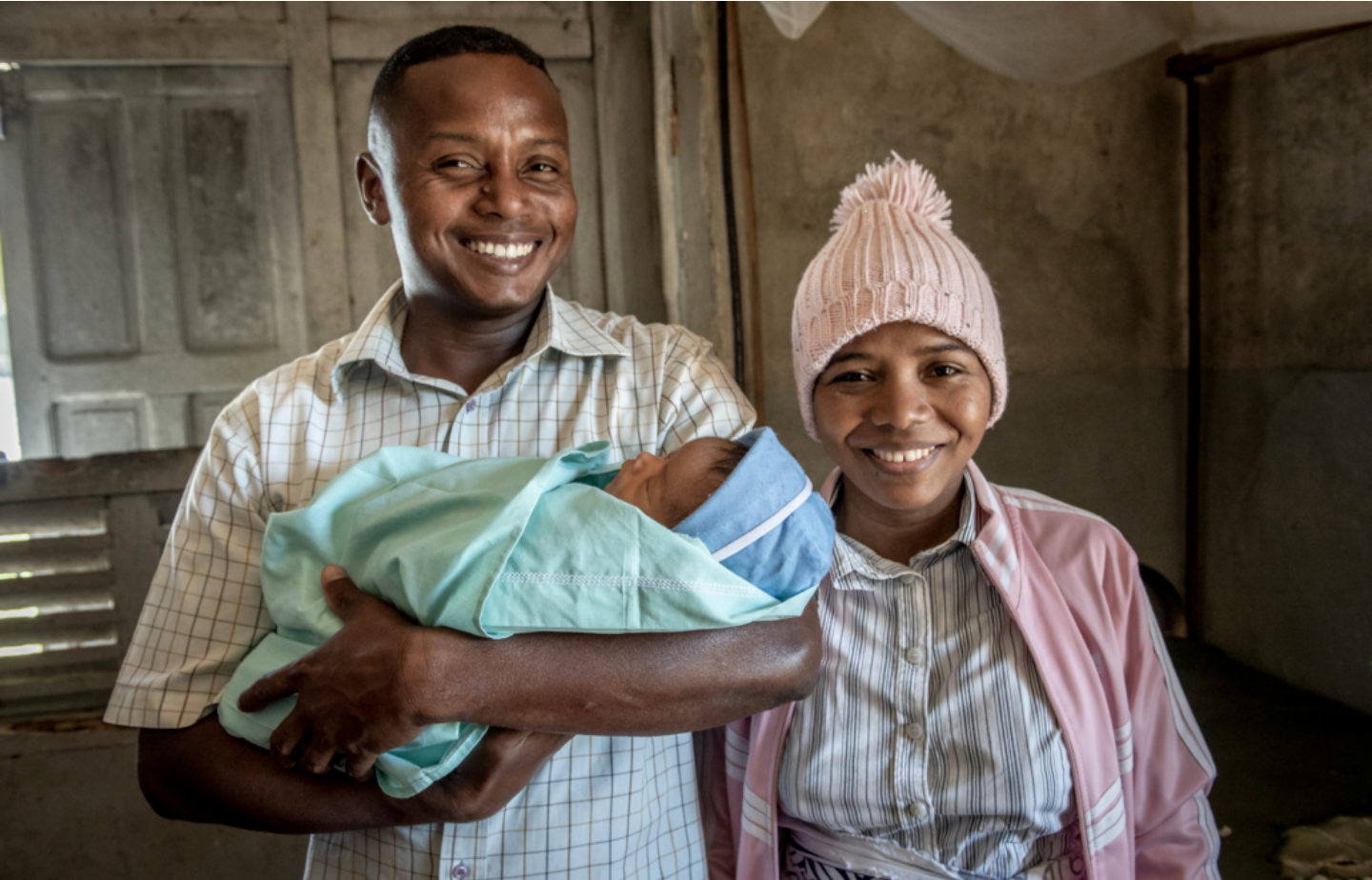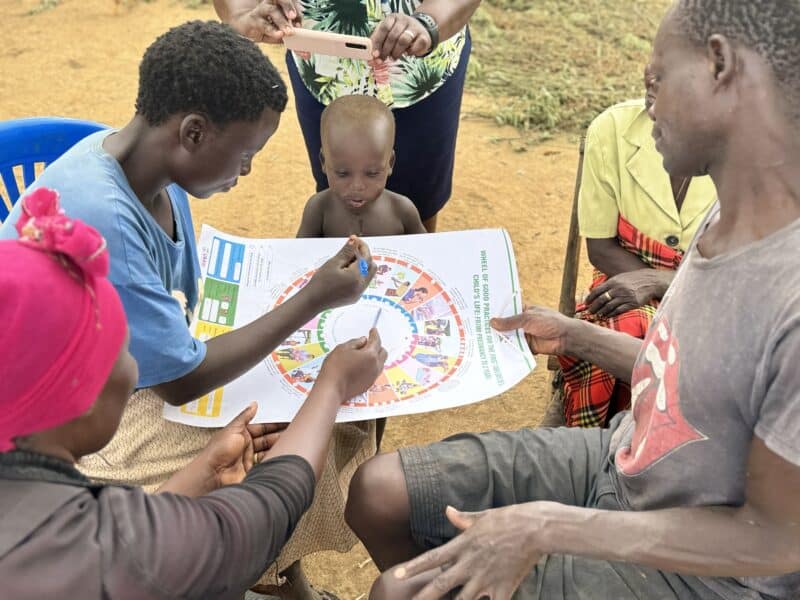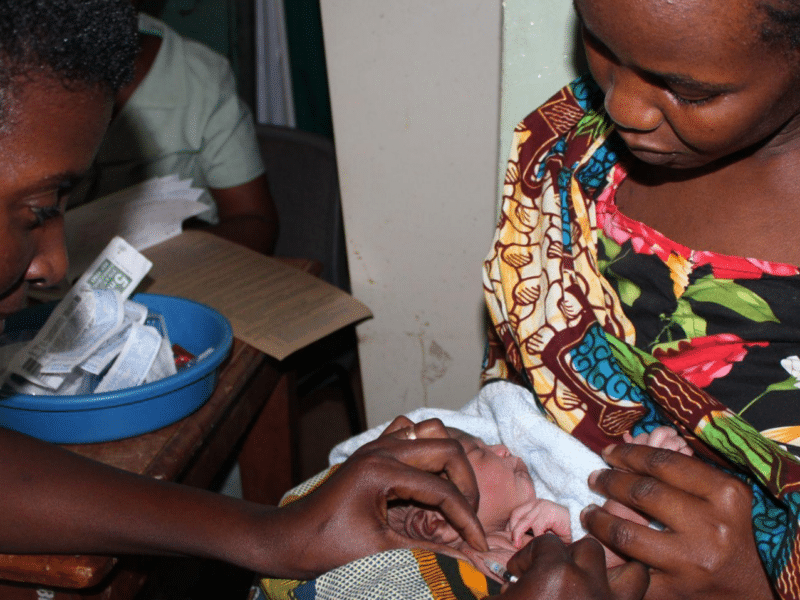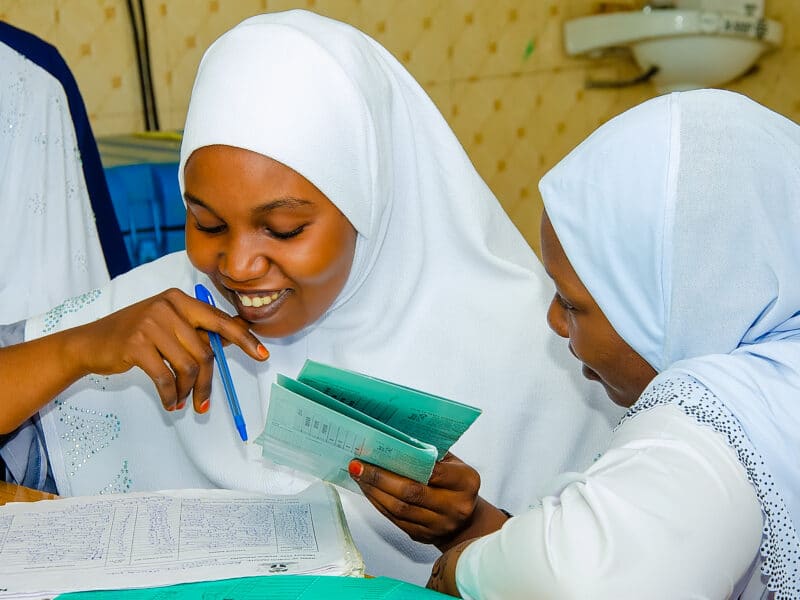The Johns Hopkins Center for Communication Programs-led Knowledge SUCCESS program is launching a website dedicated to collaboration on population, health and the environment (PHE), just as people around the world celebrate restoring the planet and environmental protection on Earth Day this week.
People-Planet Connection is designed as a space for development professionals around the globe to gather to ask questions, discuss resources and connect with others doing similar work that spans the fields of family planning, coastal resource management, climate action and more.
PHE is an integrated community-based approach that recognizes and addresses the complex relationships between people’s health and the environment. This multi-sectoral approach strives to improve voluntary family planning and reproductive health care, and conservation and natural resource management within the communities living in ecologically rich areas of the globe.
The People-Planet Connection website already includes a collection of more than 250 population, health and environment resources published by dozens of projects and organizations, creating a one-stop shop to access many valuable resources. And Knowledge SUCCESS hopes to keep adding resources from a larger number of organizations over time.
“Population, health and environment work is happening across the globe but there is no central place where people can go to connect with others in the field,” says Elizabeth Tully, who is leading the effort for CCP. “People have trouble finding the resources they need. Planet-People Connection will be a place where people can come to search for information and see examples of what is and isn’t working.”
The idea for People-Planet Connection came out of workshops held in 2020 by Knowledge SUCCESS to create a solution to strengthen the sharing and exchange of PHE knowledge across a global community. Participants in the workshops, held in East Africa, Asia and the United States, lamented the general lack of PHE resources available online, the lack of a central website for information, resources and tools for PHE, and how time-consuming it is to visit multiple websites to find necessary resources.
The new site will also address concerns about a perceived gap in quality and validity of PHE resources and a general scarcity of evidence-based programmatic information with clear and strong data.
While people may not immediately see a connection between population, health and the environment, Tully says, access to family planning enables couples to decide whether, when and how many children to have, resulting in healthier women, children and communities. Along with increased access to education, family planning can also contribute to slowing population growth and therefore may lessen pressure on natural resources. PHE approaches also encourage communities to engage in sustainable practices to preserve their ecosystems.
“[By] working on integrated programs, we can respond to the multifaceted challenges faced by isolated communities,” says Nantenaina Andriamalala, of the Madagascar PHENetwork. “Only by working in such a holistic way can we unlock real change for people, their health and the environment.”





